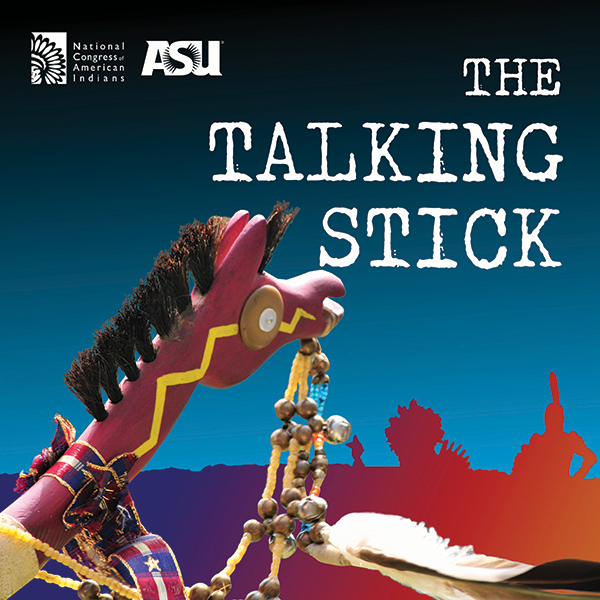Federal Indian law expert Stephen Pevar to speak, sign books at the Heard
The author of a book that explains the complexities of federal Indian law and tribes’ and their members’ relationships with each other and with non-Indians will speak on current legal issues facing Native peoples Aug. 7 at the Heard Museum in Phoenix.

Stephen Pevar, author of “The Rights of Indians and Tribes,” speaks at the Heard Museum Aug. 7.
Stephen L. Pevar, the author of The Rights of Indians and Tribes, will speak at 6:30 p.m. Friday, Aug. 7, in the Monte Vista Room at the museum, 2301 N. Central Ave. Pevar will sign copies of his book, available at $25 per copy following his presentation. Since Aug. 7 is First Friday, evening (6 to 10 p.m.) general admission to the museum – and to Pevar’s talk — is free; a $5 gate fee will be charged to visitors wishing to attend the exhibit Super Heroes: Art! Action! Adventure!
Federal Indian law continues to be a complex subject for lawyers and non-lawyers alike. In his presentation at the Heard, Pevar will touch on several topics discussed in the book, which include the powers of Indian tribes; civil and criminal jurisdiction on Indian reservations; Indian hunting, fishing and water rights; taxation in Indian country; the Indian Civil Rights Act; the Indian Child Welfare Act; and tribal jurisdiction over non-Indians.
Pevar is senior staff counsel for the American Civil Liberties Union. He taught a course in federal Indian law at the University of Denver School of Law for 16 years and has lectured extensively on the subject. He is a graduate of Princeton University and the University of Virginia School of Law. He had served for three years as staff attorney for South Dakota Legal Services on the Rosebud Sioux Indian Reservation. Since 1976, he has been a national staff counsel for the ACLU.
Pevar has litigated some 200 federal cases involving constitutional rights, including one case in the U.S. Supreme Court. His areas of specialty include free speech, Indian rights, prisoners’ rights and the separation of church and state.

Cover of “The Rights of Indians and Tribes” by Stephen Pevar
Event Details
Friday, August 7
6:30 pm – 8:00 pm
Cost: Free
Location:
Monte Vista Room
Event Category:
Book signing, Lectures






